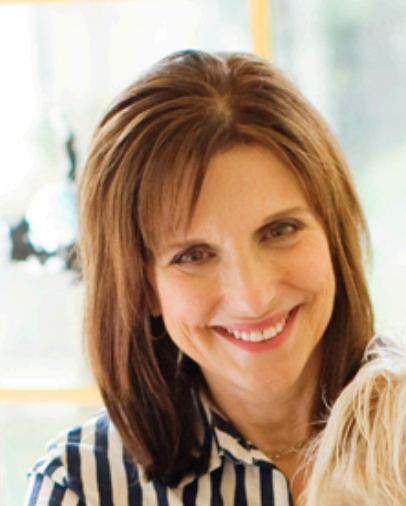Being a parent is arguably the most challenging and important job those with children will ever have. We do the best we can for our kids, but it’s human nature to feel guilty. There’s the daily guilt that many working parents will relate to: “I lost my temper and now they’re upset…” “I didn’t find enough time to play with them…” And then there’s the fact that as outlooks and philosophies on parenting change, we can feel guilty that we took the “wrong” approach.
It may sound obvious, but guilt is a wasted emotion that doesn’t help with anything. It just makes us feel worse about ourselves. And that doesn’t help our children.
Part of the problem is that many parents think they need to be perfect. Perfectionism is particularly common among women, says cognitive psychologist Sarah McEwen, Ph.D., Director of Research and Programming at Providence Saint John’s Pacific Brain Health Center, and for moms can be exacerbated by what’s known in psychology as “intensive mothering.” The term refers to the expectation that, as McEwen tells Thrive, “mothers are still the main ones responsible for taking care of the kids and being fully devoted to the task, putting their children’s needs before their own. When they can’t meet the ridiculously high standards expected of them, they often feel guilty, studies show.
“Take yourself out of court,” says Lorraine Thomas, Chief Executive of The Parent Coaching Academy and author of a range of books on parenting, including Super Coach Arty Vs. The Shadow — Taking the Fear Out of Failure. “Guilt is such a strong, powerful, negative word,” she tells Thrive. “We use it most often about people who have broken the law.” There is no such thing as the perfect parent. The reality is that “you are doing the best job you can.”
Read on for five ways to banish guilt and accept yourself as a great parent.
Write about the guilt and form a plan
If we spend time thinking and talking about how guilty we feel, that guilt grows in intensity. Make a list of everything you feel guilty about and put together an action plan, suggests Thomas. “List three things that you would like to do over the next 24 hours to help you feel good,” she recommends. “It may be taking time to eat lunch with your child — planning a picnic, or building a rocket out of boxes and flying to the moon!” Then commit to doing them … and do them!
Take care of yourself
Often, parents feel guilty because they are emotionally exhausted, says McEwen. “That can lead to reduced feelings of accomplishment,” she says, noting studies that have found parents can burn out emotionally, which can induce guilt. To avoid burnout, she says it’s crucial for parents to take care of themselves, “attending to their own psychological well-being first.”
You could do this by engaging in activities that bring you joy. “Guilt thrives in us when we are tired and stressed, making it difficult to manage that feeling.” So be sure to exercise, pursue pastimes you love, and spend time with friends or a partner. And if the feelings of guilt or stress continue to grow, Thomas recommends seeking counseling for extra support.
Communicate clearly
When there are two parents raising a family, “it’s crucial that you are on the same page to mitigate feelings of burnout,” says McEwen. That means talking to each other regularly and coming to agreements about parenting approaches and actions. The same is true with any others who are helping you take care of the children. Make sure you have the same goals and are working together.
Make the most of time with the kids
Focus on making the most of the time you have with your kids. “The moments and hours when you are 100% connected are precious,” says Thomas, who has this suggestion: “Create a happy wall. Put photos on your ‘wall’ of times you and your child have had fun and adventures together.” That way there will be clear visual reminders that can help override the guilt.
Reframe what you say to yourself
Instead of saying “I am so guilty that I am not with my kids all day” when you’re working and when the kids are with a partner, babysitter, or perhaps a parent, remind yourself that you are helping your children grow. “Remember, it is important for them to spend time with other people. And it’s good for kids to learn to occupy themselves rather than expect you to lay on 24-hour entertainment,” says Thomas. Also, schedule a couple of minutes every day to remind yourself that you are doing OK.
Always remember that you are the CEO of the most important company in the world — your family, says Thomas. Every day you make decisions about strategy, crisis management, health and safety and budgets. And there is never a reason to feel guilty about that.


